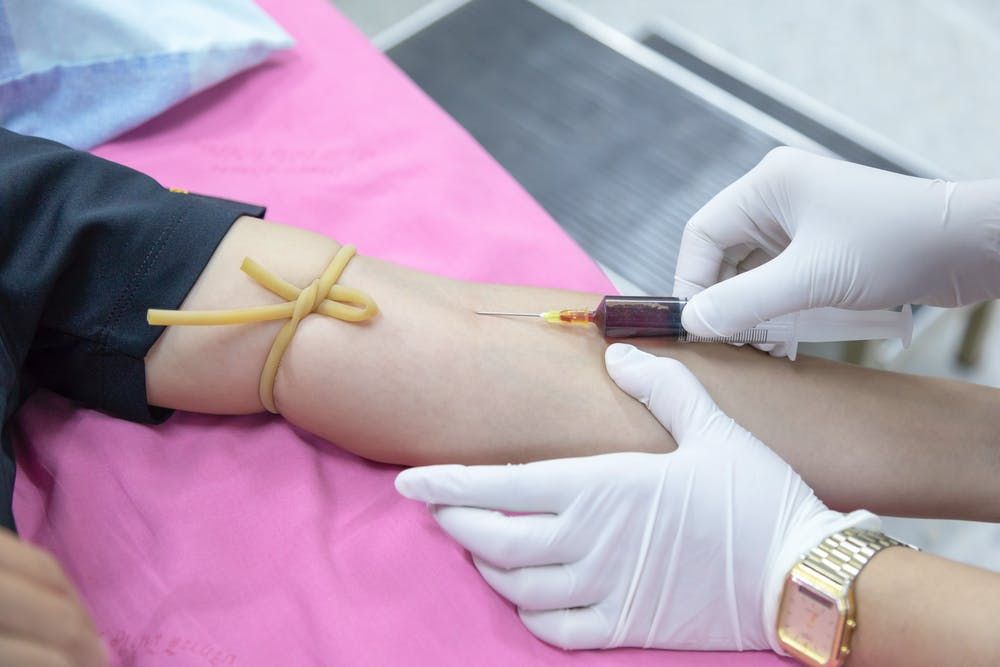
[ad_1]
The method makes it possible to quantify the levels of mitochondrial DNA directly in the blood, without requiring any intermediate steps.
In a recent study published in the journal JCI Insight, investigators have shown that a simple blood test that gives quick results can predict within a day of admission to hospital which patients with 2019 coronavirus disease (COVID-19) are most at risk of developing serious complications or die. The study was conducted at Washington University School of Medicine in St. Louis.
The study included 97 patients newly admitted to Barnes Jewish Hospital with a confirmed case of COVID-19. The blood test used measures the levels of the patient’s mitochondrial DNA, a single molecule that usually resides in a cell’s energy factories. When these molecules start to spread through the bloodstream, it’s a good indication that some type of violent cell death is occurring somewhere in the body.
“Doctors need better tools to assess the status of patients with COVID-19 as soon as possible because many treatments – such as monoclonal antibodies – are rare, and we know some patients will get better without intensive treatments.” Andrew E. Gelman, co-lead author of the study, said. “There is so much that we still don’t understand about this disease. In particular, we need to understand why some patients, regardless of their age or their underlying health in some cases, enter this hyperinflammatory death spiral. ”
The results of the study showed that mitochondrial DNA levels were significantly higher in patients who were eventually admitted to the ICU, intubated, or died. The rates in those who developed severe pulmonary dysfunction or died were, on average, 10 times higher. They were also found to be 6 times more likely to be intubated, 3 times more likely to be admitted to the ICU, and almost 2 times more likely to die compared to those with lower rates.
Additionally, the blood test has predicted patient outcomes as well, if not better, than existing markers of inflammation that are currently measured in hospitalized patients.
“Viruses can cause a type of tissue damage called necrosis which is a violent and inflammatory response to infection. The cell breaks down, releasing the contents, including mitochondrial DNA, which itself causes inflammation,” Gelman said. “In COVID-19 patients, there has been anecdotal evidence of this type of cell and tissue damage in the lungs, heart, and kidneys. We believe it is possible that measurements of mitochondrial DNA in the blood can be an early sign of this type of cell death in vital organs. “
[ad_2]
Source link